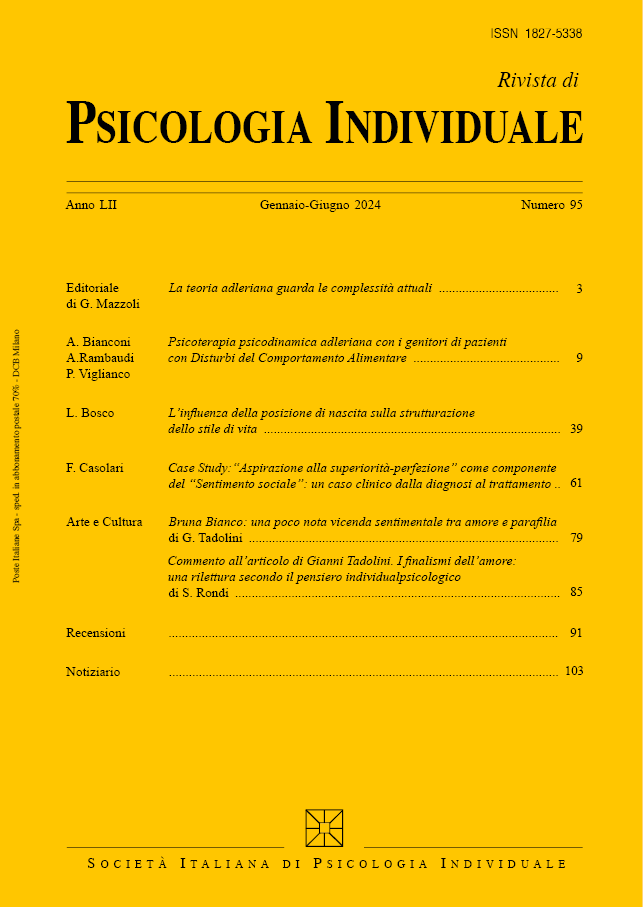OBESITY: THE FICTION THAT CAN BE KNOWN
Keywords:
biopsychosocialAbstract
Obesity is a very important social illness. It can be tackled like all other illness following biomedical or biopsychosocial patterns. The basic theory of both patterns badly influences the procedure for approaching patients.
That is why in medicine, as in other scientific discipline, only those problems already considered in the general theoretical pattern, which we are refering to, can be tackled and possibly solved. The organicism has led to the stressing of endocrinological and neurological aspect of obesity, which according to this pattern, seemed to be solvable by hormones and psychodrugs. Following biopsychosocial patterns the psychosocial aspects of obesity have also been considered. That is why the alimentary habits of these patients have been studied in order to change them using mainly behavioural techniques. From a psychoanalytical point of view it is important to stress symbolical aspects of food and obesity. Nevertheless we think that only the causal finalism and the holism of Individual Psychology can explain the behaviour of the obeses, who by using objective biological
and environmental determinants change their body, often unconsciously, in order to get ever closer to a false personal ideal coherent with their life style. Before any treatment, in addition to knowing the diagnosis of the possible organical pathology, it is necessary to know the life style of the obese by bringing out the past experiences and the fiction of the illness. It is possible to formulate psychodynamical hypotheses which allow us to identify any fixed forms, where the excess weight is egosintonic. In the conflictual egodistonic forms and in other external forms, the polispecialistic therapeutic treatment can be used






